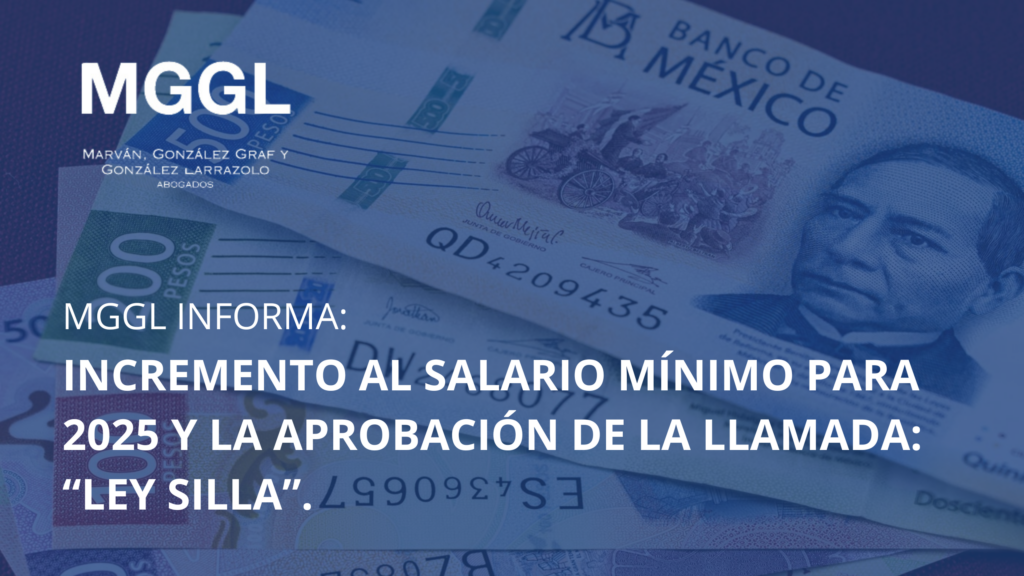On March 31, 2020, the Agreement that declared the SARS-CoV2 disease epidemic (COVID-19) a health emergency due to force majeure was published in the Federal Official Gazette and entered into force, alongside the Decree sanctioning it.
Countrywide, there is uncertainty regarding the labor law effects of this declaration. Beyond the fact that it is issued by a health authority in accordance with the legal procedures required for such purpose, this uncertainty derives from the federal government's statement that the suspension announced until April 30 this year, would be without prejudice or impact on the wages of employees.
In this note, we address the scope of the declaration of health emergency due to force majeure, and whether it materializes the suspension of labor relations.
The health emergency by definition constitutes a major cause in itself, as expressly stated in the Agreement of reference. Beyond speculation as to whether the force majeure described in section I of article 427 of the Federal Labor Law would apply as a cause for the suspension of labor relations, we note that section VII of that article provides a specific budget for the health contingency.
The fractions are not mutually exclusive, but the health contingency, as a cause of force majeure, by its very nature deserves extraordinary treatment, in which it exempts the employer from suspending and promoting a special procedural conflict and obtaining the approval of the suspension and determine the compensation (which may not exceed one month's salary) from the Conciliation and Arbitration Board. In this scenario, the mere declaration of the emergency (which is no longer a contingency, since it is a safe and superior risk), allows the employer to suspend activities, stop paying salaries and offer the daily minimum wage as compensation for up to the term of 30 days.
In evident detriment of the above, we must highlight the way in which the Federal Government has attacked the suspension announced in today’s afternoon press conference, warning employers that they would have to pay the salary and suspend non-essential activities, under penalty of facing administrative and even criminal procedures.
At MGGL we consider that the de facto application of the suspension of relations under fraction VII represents contingencies in the medium term. To date, we believe that the scope of the suspension should be specified in the Federal Official Gazette, with the dates and descriptions of which are the non-essential activities that should be suspended and which activities are necessary to deal with the health contingency. The means that the authorities have used to communicate their decisions in relation to the health emergency do not comply with the necessary formalities for these to be legally binding.
Once these elements have been defined, we can evaluate and suggest mechanisms to respond to the contingency, including total or partial suspension of activities, leaves of absence, rotation and reduction of working hours, programmed technical stoppages, remote working arrangements, trying to achieve a consensus on how to protect the health of employees, the source of employment and the reactivation of activities.




